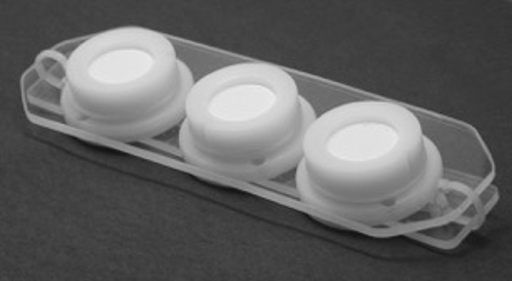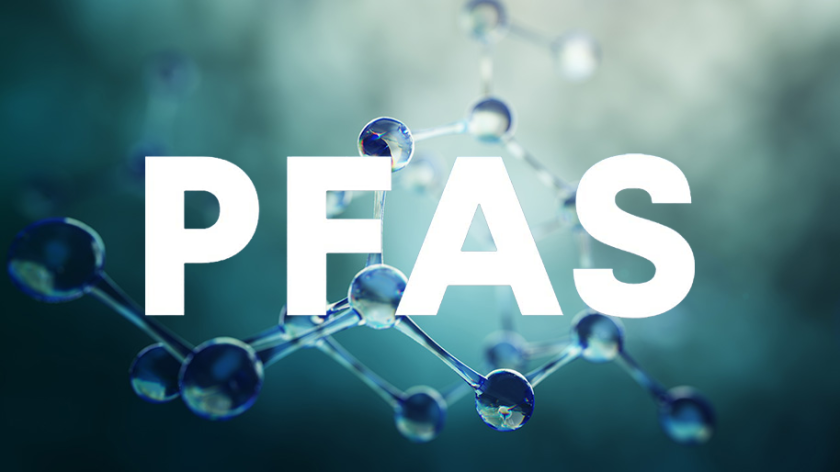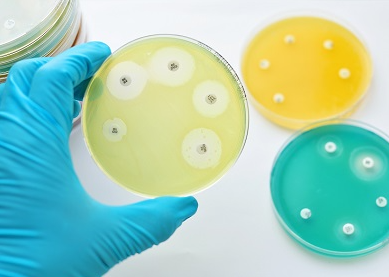+33 (0) 3 20 16 91 40
 Following its success in 2025, AGLAE provides again laboratories with an interlaboratory test regarding the use of Integrative Passive Samplers for the monitoring of metals in fresh waters.
Following its success in 2025, AGLAE provides again laboratories with an interlaboratory test regarding the use of Integrative Passive Samplers for the monitoring of metals in fresh waters.
In the frame if this proficiency test, laboratories will be assessed for the measurement of 9 metals with DGT samplers (CHELEX chelating resin).
Check the DGT flyer for more information.
To participate in this test, register by 11, March 2026.

Regisrations for the 2026 scheme have started.
Should you already have participated in our tests, check your Member Area.
You may register at any time during the year as long as registration deadlines are not over.
For a first participation, please complete the form on the Contact page to get a quote.
 - In fresh waters and waste waters (programmes 59 "Perfluorinated compounds in fresh waters" and 59A "Perfluorinated compounds in waste waters") : 9 PFAS and 2 US PFAS are added to the PFAS already provided in order to meet the requirements of the Water-Framework Directive. For each PFAS (except TFA and TFMS), participants will be able to report results for the linear isomers but also for the sum of linear and branched isomers.
- In fresh waters and waste waters (programmes 59 "Perfluorinated compounds in fresh waters" and 59A "Perfluorinated compounds in waste waters") : 9 PFAS and 2 US PFAS are added to the PFAS already provided in order to meet the requirements of the Water-Framework Directive. For each PFAS (except TFA and TFMS), participants will be able to report results for the linear isomers but also for the sum of linear and branched isomers.
- In sediments and soil: new programmes 48 "Perfluorinated compounds in solid matrices" with the quantification of 21 PFAS
Find the descriptions of these programmes on the pages organic pollutants in clean waters, organic pollutants in waste waters and chemistry in solid matrices
 Specific EQA to assess your Antimicrobial Susceptibility Testing:
Specific EQA to assess your Antimicrobial Susceptibility Testing:
- 118 Antimicrobial Susceptibility Testing by diffusion - disk method
- 118A Antimicrobial Susceptibility Testing by diffusion - gradient method (MIC strips)
- 118B Antimicrobial Susceptibility Testing - Broth microdilution method
- 118C Antimicrobial Susceptibility Testing - RAST method
